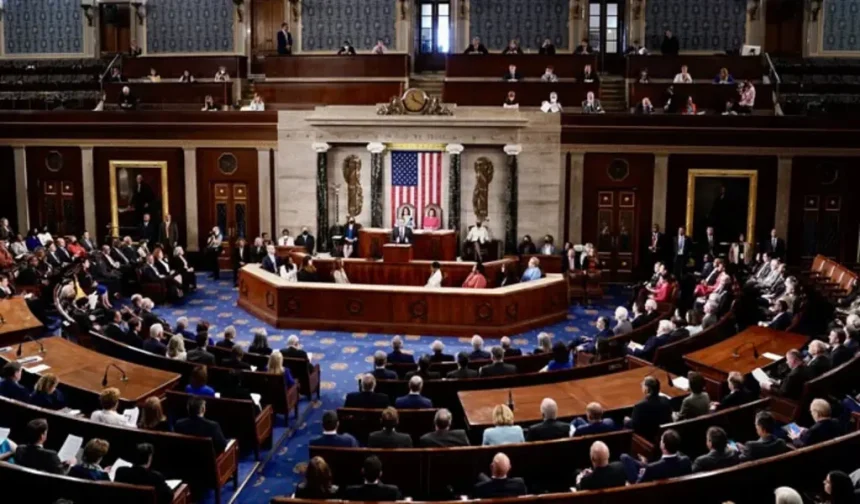(CTN News) – On Friday, influential US Senator Marco Rubio submitted a measure in Congress, promising to assist India in combating China’s expanding influence as well as dealing with perceived threats from Pakistan.
The proposed US-India Defence Cooperation Act encourages “technology transfers” to India and pushes the administration to recognise India as equal to US allies like Japan, Israel, South Korea, and NATO countries.
Rubio, a Republican senator from Florida who has served since 2011, presented the Republican answer to President Obama’s State of the Union address in 2013.
He ran for president in 2015, winning primaries in multiple states, but dropped out of the race in 2016.
The measure mandates the US administration to submit “a report to Congress on Pakistan’s use of offensive force, including through terrorism and proxy groups, against India”.
Strategic Partnership Against China and Pakistan
The suggestion is to “bar Pakistan from receiving security assistance if it is found to have sponsored terrorism against India”.
This measure might have substantial repercussions for Pakistan, especially as Islamabad and Washington expand their bilateral relationship.
Providing India with advanced weapons often reserved for close US allies and NATO members may damage Pakistan’s defence capabilities and limit its ability to respond to Indian aggression in the region.
Although the bill is unlikely to pass in the current Congress, which is adjourning this year, it may be reintroduced in the next Congress, given bipartisan support for improving the India-US relationship.
The measure contends that the US-India cooperation is critical in opposing Chinese pressures and proposes strengthening Washington’s “strategic diplomatic, economic, and military relationship” with New Delhi.
Senator Rubio reported that the suggested legislation would “set a statement of policy that the US will support India in its response to growing threats to its territorial integrity, provide necessary security assistance to India to deter adversaries, and cooperate with India with respect to defence, civil space, technology, medicine, and economic investments.”
The measure proposes a limited exception for India from CAATSA sanctions, which aim to counter Russia’s influence.
The CAATSA penalties target Russia’s defence and intelligence sectors, and nations that conduct major transactions with these sectors may face secondary sanctions.
The proposed exemption would allow India to purchase Russian weaponry currently used by its military without risking US penalties.
The measure asks Congress to declare that “expeditious consideration of certifications of letters of offer to sell defence articles, defence services, design and construction services, and major defence equipment to India is consistent with US interests.” In addition, “it is in the interest of peace and stability (for) India to have the capabilities needed to deter threats.”
The measure would allow the Secretary of State to agree into a two-year memorandum of understanding with India to boost military cooperation and expedite excess defence products to India. It seeks to provide India the same status as other allies by strengthening international military education and training collaboration with New Delhi.
Source: DAWN














